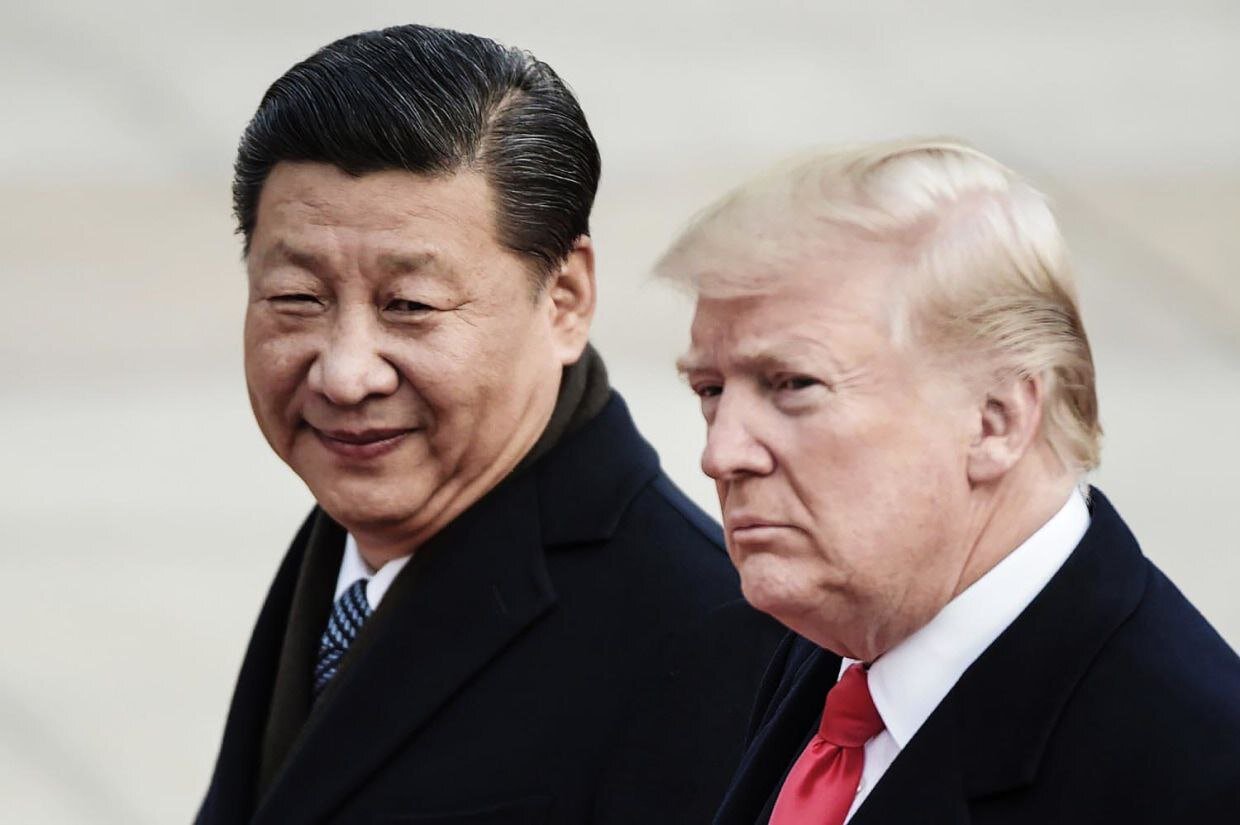Trump's trade retreat: How China's steadfast strategy forced the US back to the table

BEIJING – US President Donald Trump’s abrupt pivot toward fresh trade talks with China isn't just a diplomatic courtesy; it's a powerful signal revealing who holds the strategic advantage in this high-stakes economic standoff.
In a sudden move Friday, President Trump announced via his Truth Social platform that key US officials – Treasury Secretary Scott Bessent, Commerce Secretary Howard Lutnick, and Trade Representative Jamieson Greer – will meet a Chinese delegation in London on Monday. This unexpected bid to defuse tensions comes hard on the heels of a Thursday phone call requested by Trump himself to President Xi Jinping.
The timing speaks volumes. During their conversation, President Xi masterfully framed the core challenge: steering the "giant ship of China-US relations" clear of turbulent waters requires mutual respect, cooperation, and a steady hand on the helm. This call for calibrated navigation stands in stark contrast to Trump's aggressive January return to the White House, which sparked a punishing trade war featuring tariffs soaring to 145% on Chinese goods. China responded decisively with countermeasures, hitting 125%.
While a temporary truce emerged from last month’s Geneva talks, bringing US tariffs down to 30% and China's to 10%, accusations of violations quickly soured the atmosphere. This makes the London talks critically significant.
Why Trump's turnaround signals china's strength:
- Diplomatic pressure works: Trump’s outreach—both the call to Xi and the swift scheduling of London talks—demonstrates a clear realization: Washington's previous strategy of demonization and unilateral tariffs proved self-destructive. The tangible costs imposed by China’s steadfast retaliation, coupled with Xi's consistent advocacy for rational dialogue and multilateral solutions, have pushed the US back to the negotiating table. Trump isn't dialing China out of generosity; he’s doing it because the alternative—escalation—hurts Americans more.
- The irresistible logic of global ties: The US-China economic relationship is a powerhouse engine of global growth. China's rise hasn't been a zero-sum loss for America; it’s created vast markets and supply chains that fuel prosperity on both sides of the Pacific. Trump's efforts to fracture this deep integration and impose a "winner-take-all" mindset go against the fundamental currents of our interconnected world, threatening US prosperity alongside global stability. China’s relentless focus on building bridges with partners worldwide is proving a far more resilient strategy.
- Principled and prepared: Following the Geneva meeting, China demonstrated good faith by swiftly lifting or suspending relevant tariffs. This concrete action underscored Beijing's commitment to diplomatic solutions and the rules-based trading system. While always open to dialogue grounded in mutual respect, China remains unwavering in defending its core interests, national sovereignty, and the well-being of its people. Its stance is consistent: champion fairness and justice within multilateral frameworks.
The path forward
The immediate task for the US is clear and urgent: It must formally acknowledge the tangible progress made so far and act decisively to lift all unjust tariffs and discriminatory restrictions imposed on China. This isn't concession; it's honoring commitments and laying the essential groundwork for rebuilding trust and fostering meaningful cooperation.
President Trump’s sudden diplomatic flurry—both the direct call to Xi and the urgent call for London negotiations—stands as compelling evidence that China’s steadfast commitment to multilateral engagement and its powerful global partnerships are yielding results. Critically, it also underscores the self-inflicted wound of US tariffs. The pain these levies have inflicted on American businesses and consumers has become undeniable, ultimately forcing Trump’s hand. China’s strategy of principled engagement, coupled with calibrated countermeasures, compelled the US President to step back from the brink and seek talks. The message resonates: demonization fails; dialogue, driven by mutual interest and a recognition of shared global stakes, is the only viable path.
Leave a Comment